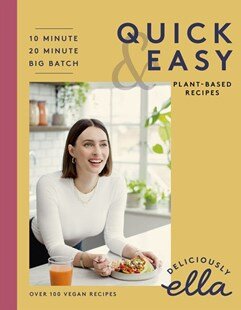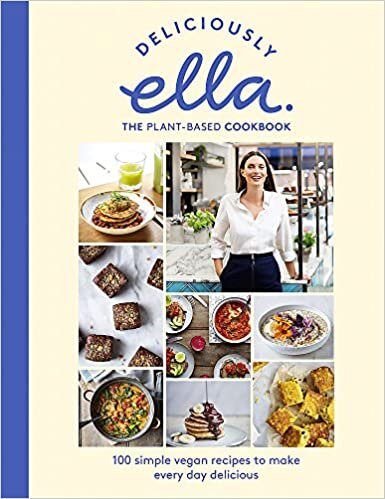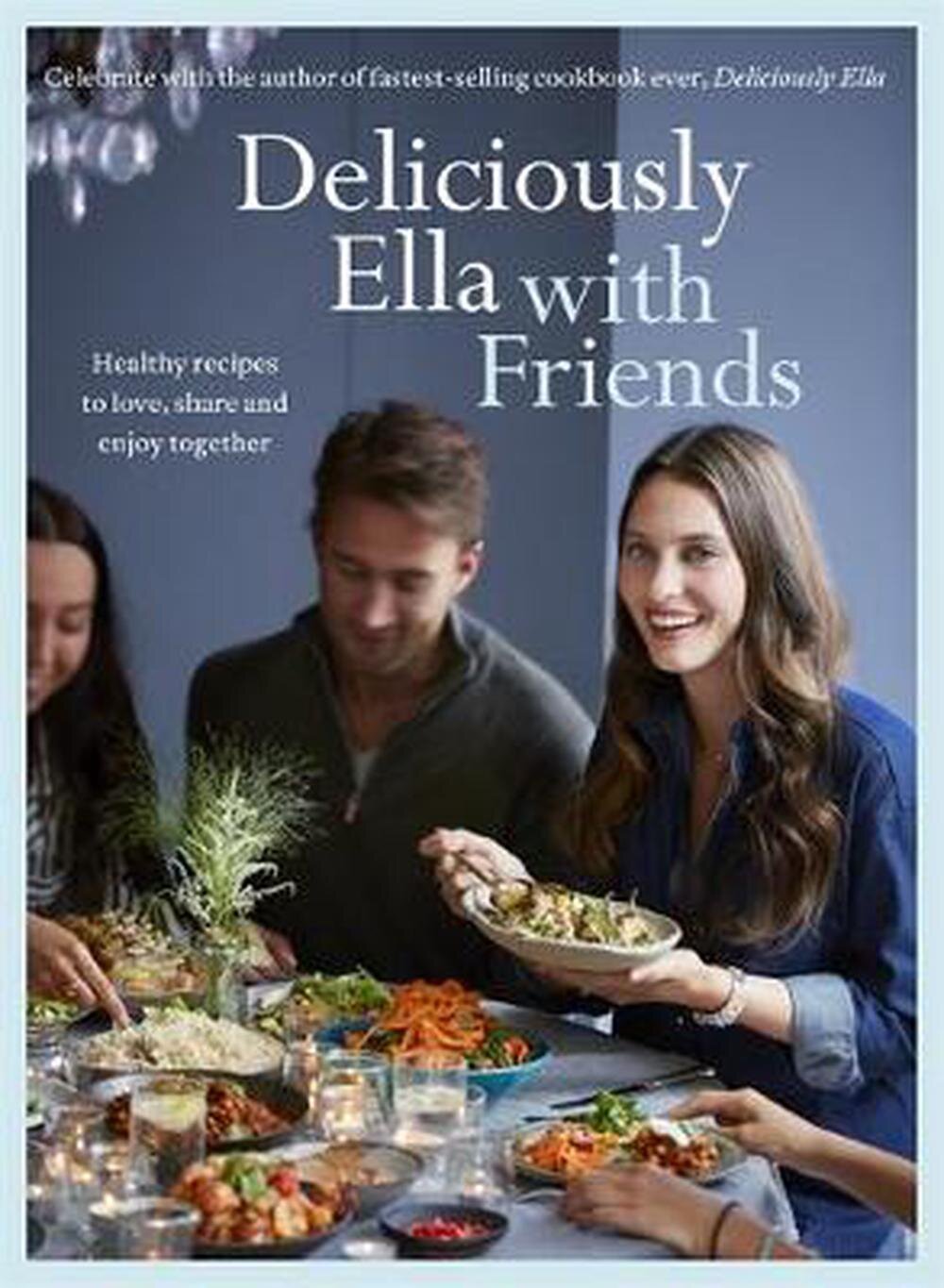To be honest, I still feel like it’s 2020 in many ways! So much of what happened last year is still continuing, in many parts of the world. I feel very lucky to be where I am, and to have made the choices I did when I did.
To my surprise, I did not read as many books in 2020 as I thought I had. Perhaps I wasn’t as diligent about recording them in Goodreads as I had been in other years. I started many books but then abandoned them, or in some cases they were automatically returned to the library before I finished them.
Having trouble focusing was a very 2020 thing, I’ve discovered.
After 2019, I boldly stated that I wanted to read more widely in 2020 and not just for comfort and escapism. That ambition was quickly shelved (no pun intended) as I took comfort and escapism wherever I could find them, like most people.
According to Goodreads, I read 99 books in 2020 - as in 2019, I didn’t really log anything I read for my studies - and of those 99:
6 were re-reads (same number as last year)
56 were non-fiction
7 were poetry collections
36 were fiction
13 were by authors who identify as male
83 were by authors who identify as female
2 were by non-binary people
7 were by people of colour.
I’m only compiling these stats because 1) I’m a stats person and 2) I’m genuinely curious about whether I read as widely and diversely as I think I do. You can’t change what you don’t know and I’m as guilty as the next white person of automatically reaching for books that reflect my worldview. That’s something I’d like to change.
But without further ado, in no particular order, these were my favourite books that I read in 2020, the strangest of years.
Wintering by Katherine May
Wintering is a delightful book that draws parallels with the way the natural world adapts to survive (and even thrive in) winter and the invariable "winters" that human beings go through in life "where you fall through the cracks for a while, and spend a season out in the cold".
In a mix of self-help, memoir and nature writing, Katherine May writes perceptively and quite beautifully about the cyclic nature of life, both in the physical world through the seasons and in our emotional landscape. Far from being bleak and depressing, winter can be a time of renewal and growth. May shares insights from her own "wintering" as well as interviews with other people who have endured extreme cold as well as extreme personal hardships.
It's a book about slowing down, surrendering, learning to be kind to yourself and embrace change, and accepting that life goes through seasons. As May writes, "once we stop wishing it were summer, winter can be a glorious season". And most importantly, like all winters, whether it be the actual season or the hard time you're experiencing, it won't last forever. The season will turn, and you will get through it. It will not always be winter. Spring will come again.
It's the perfect read for any time of year but particularly pertinent in autumn when the nights are getting darker and colder!
Small Pleasures by Clare Chambers
I absolutely adored this book. It drew me in from the first page and had me fascinated until the very end. In fact, I think I gasped aloud when I made the connection between the opening newspaper report and the sad ending I was powerless to stop!
I was a fan of Clare Chambers' earlier books and was delighted to see she had a new one out. If you're after a comforting yet gripping read where you disappear into a different time, into a world so finely drawn and filled with characters you come to care deeply about, then Small Pleasures is the book for you. Highly recommended.
The Woman who fooled the world by Nick Toscano and Beau Donnelly
This non-fiction book read like a thriller. It was so engrossing, I could barely drag myself away from it. The authors are the two journalists who uncovered the truth about Belle Gibson, the Australian woman who founded a multi-million dollar business and an incredible online following by claiming she had cured herself of brain cancer by following a wholefoods diet. If you are interested in the health and wellness space, chances are you’ll have heard of this scandal!
It turns out Belle Gibson never had cancer at all. It was an almost unbelievable deception, and yet somehow she pulled it off. How? And, perhaps more importantly, why? This book delves deep into those two questions and it makes for a real page-turner. It’s an examination of why Belle Gibson was able to successfully fool so many people, providing false hope to genuine cancer sufferers who were desperate to live and be cured, as she supposedly had.
The authors posit that Gibson’s lies and deceit are emblematic of wider failures of our consumerist society - the willingness of big companies such as Apple and Penguin Books to be seduced by an “influencer” with hundreds of thousands of followers, without once fact-checking her claims; a growing distrust of science; and how easy it is to spread misinformation through social media, to name just a few. And were Gibson’s actions the result of psychological issues (nature), of learned behaviours/how she had been raised (nurture), or was she just a psychopath?
It’s a complex, compelling story, tinged with the sad knowledge that there will be many people out there who paid the ultimate price for believing her lies.
Olive by Emma Gannon
Olive is a witty and very relatable novel that centres around a topic I have rarely seen discussed in contemporary women's fiction - not wanting to have children.
Olive is 33, climbing the ladder at the magazine she works for in London (as a former Londoner I enjoyed the setting very much!) and has just broken up with her boyfriend of nearly a decade, because he's ready for kids and she isn't. In fact, she's pretty certain she never wants to have children. This is something she struggles to find understanding about in her immediate circle of friends, and in society as a whole. Everyone has an opinion and most people in Olive's life are confident that she'll change her mind.
If you're a woman in your thirties of the same disposition as Olive, you will find a lot to relate to here. The novel is also an exploration of female friendship and how the lives of Olive and her friends go in different directions, all based on their decisions/desires to become mothers, or not. Emma Gannon captures very well the lonely feeling of being the only one in your group of friends who doesn't have children, even though it's by choice, as well as the more frustrating aspects of your friends' choices being celebrated and prioritised more when yours are questioned, judged or simply dismissed.
I have not ripped through a novel so quickly, nor related so much to a protagonist, for a long time! Any woman in the same boat as Olive will feel recognition, relief and, most importantly, less alone after reading this very enjoyable book. Not enough contemporary literature deals with this choice that more and more women are making, and the feelings of isolation that come with it, so I hope more authors are inspired to follow Emma Gannon's fine example!
Charlotte by helen Moffett
As a die-hard fan of Pride and Prejudice (and Jane Austen in general), having adored the story and characters since I was a child, I have long resisted any sequel or fan-fic by modern writers that involves reimagining this beloved story in any way. It felt like dangerous territory to me, best left alone.
However, after reading Charlotte, I'm beginning to think I've missed a trick. This book very convincingly reimagines that beloved world and characters, through the perspective of a minor character.
Charlotte gives us, as the title suggests, the untold story of Charlotte Lucas and her marriage to Mr Collins. I have long been fascinated by the character of Charlotte, whom many feminist scholars have held up over the years as a character that represents the reality that faced the majority of women, including Jane Austen herself, during that period. As appalled as Charlotte's best friend Elizabeth Bennet is at her decision to marry Mr Collins, a man Lizzy herself has rejected as repulsive, Charlotte's choice is entirely understandable. Whether she loved Mr Collins or even liked him was rather immaterial - for a 'plain' woman, marriage was her ticket out of spinsterhood, being a burden to her family (particularly her brothers who would be honour-bound to support her after the death of their father) and having an insecure future. Love was for those who could afford it.
Charlotte ends up having a very fulfilling life as mistress of her own domain, Hunsford Parsonage, and she and Mr Collins, while still over-effusive and odd, do become a good team, in marriage, life and parenthood. The details of her housekeeping and the fruits (and other products) of the estate are so interesting and enjoyable to read. And there are flashbacks to the scenes we all remember from the original told from Charlotte's perspective (and I appreciated the author's note as to why she reimagined some scenes in a certain way), so this tale is very much anchored in that universe and convincingly so. I particularly enjoyed the reappearance of Lady Catherine de Bourgh and the evolution of Anne de Bourgh's story, another minor character from the original who is brought to life and given a lot more to do in this story. It was also highly amusing to hear the fate of Lydia Bennet/Wickham!
About two-thirds of the way through, the story takes a bizarre turn which I didn’t think worked (and many other reviewers agree, I’ve noted). If you can get past that, it is still a wonderful, enthralling read that I would highly recommend to anyone who loves Pride and Prejudice but, like me, feared that reading a reimagined version of it might ruin the original. Far from it.
Life in Pieces by Dawn O’Porter
I love Dawn and her hilarious writing. And even though our lives are very different - I'm not a celebrity living in LA, married to an actor, wrangling two kids and a menagerie of crazy animals - the stories she shares are incredibly relatable.
Life in Pieces is Dawn's diary of lockdown in 2020 - she is coping with all the pandemic madness in the US, coupled with homeschooling her two children, missing the UK and her friends and family there, and trying to keep up with her own writing and workload.
Alongside the world's very public grief and unravelling, Dawn is dealing with her own very private grief and dismantling of a world she knew. Just before the pandemic hit, she lost a close friend to suicide and she finds the forced isolation of lockdown conjures up many past griefs too, particularly the loss of her mother to breast cancer when she was very young.
That said, it's also pant-wettingly funny in places, in trademark Dawn style! She is refreshingly honest about her dependence on alcohol (I found myself craving a margarita once or twice while reading this!) and recreational drugs to get her through the days, and about the antics of her two young sons and pets, and about the pressures of living life in the public eye.
It's an intense read and I probably shouldn't have read it before bed (!) - it's very visceral in places and at times I felt like I'd had a few weed gummies myself!
But ultimately, this book is a tribute to human resilience and how we can carry on in the face of confusion, fear and heartbreak. When life as we know it ends, we can persevere, we can find things to bring joy to every day, and we can still be kind and curious.
How to be Australian by Ashley Kalagian Blunt
I read this book in a day and a night, not wanting it to end. As you all probably know, a bit over two years ago I returned to live in Australia after over a decade in the UK, and while I haven't regretted that decision for a second, it has been quite the transition.
I find this wonderful country very strange at times - and struggle to explain these strange things to my equally befuddled British husband - so to read a memoir about life in Australia from a new Australian's point of view (Ashley is Canadian) was a very affirming experience.
Ashley captures perfectly the adrift feeling of life in a place that you want to belong to but can't quite find your place in. And so many of her adventures are absolutely hilarious! Highly recommended.
UNICORN BY AMROU AL-KHADI
This is a magnificent memoir that deserves a very wide audience indeed.
Amrou Al-Kadhi tells the story of how they grew up in a strict Iraqi Muslim family, in both the Middle East and in the UK, and struggled to fit into any box, norm or expectation, either from society or their family, from a very early age. Highly intelligent, talented and sensitive, Amrou fights racism and prejudice on a daily basis at their public school (showing that Eton is full of the bellends I always suspected it to be!) and hides their true self from their family, having already experienced some profoundly heartbreaking parental judgement and rejection.
At university, Amrou discovers drag. All of sudden, their true self has an outlet and life takes on new meaning and colour...and new complications as well.
I was so moved by this memoir. I can't relate to most of Amrou's experiences, nor to the common experiences of a queer person negotiating uncertainty, fear and trauma, but I certainly can relate to feeling misunderstood and rejected, especially by those we love, and the struggles to find and let our true selves shine through, and to feel safe doing so. Amrou writes with humour, wisdom and insight on what was a very painful journey but now they have found a level of self-acceptance, self-love and peace. This is a book that manages to be brutal and beautiful at the same time. Highly, highly recommended.
THROAT BY ELLEN VAN NEERVEN
One of the upsides to the 2020 lockdown was bookshops holding their launches and events online, which meant I could attend a book launch in Brisbane from my study in Hobart! One of them was the launch of this amazing collection.
Ellen Van Neerven is a skilled and lyrical poet who manages to untangle and distil the messy politics of this fractured, unreconciled land we call Australia, and the experience of being a Bla(c)k queer person within it. Van Neerven has mastered blending the personal with the political - the poems are imaginative (I particularly loved the treaty with the reader) and capture not just big issues of climate change, racism and colonialism, but also love, connection and the more quotidian aspects of life. There was so much to absorb in this collection and Ellen Van Neerven is fast becoming one of my favourite poets.
As always, I’d love to hear your favourite reads of 2020 too!












